Gauff's Balance Beam: Avoiding Becoming the Next Stephens in the Tennis Fame Game
When Gauff lifted her second Grand Slam trophy at the French Open, it seemed the birth of the next generation of tennis queens was upon us. However, the journey after such accolades is fraught with challenges—she admitted that her obsession with TV series led to fluctuations in her performance, and after uninstalling the streaming app, she was spotted at a baseball game. This scene inevitably brings to mind Sloane Stephens: similarly rising to fame at a young age, similarly celebrated by the media, yet only possessing one Grand Slam title due to a lack of sustained focus, causing her career's brilliance to fade too soon.

Stephens' story echoes as a warning in the tennis world. She once dazzled with her talent, winning the 2017 US Open, but her subsequent performance fluctuated like a roller coaster. Amid the media's applause, the sweat on the practice court quietly evaporated. Some commentators have bluntly stated she was "lacking in discipline," and *Tennis World* analyzed her "training attitude as lacking in sustained passion." This is no mere sigh of resignation—talent and opportunity are like rainbows, and once they dissipate, only daily rigorous self-discipline can support the long trek of a professional career.
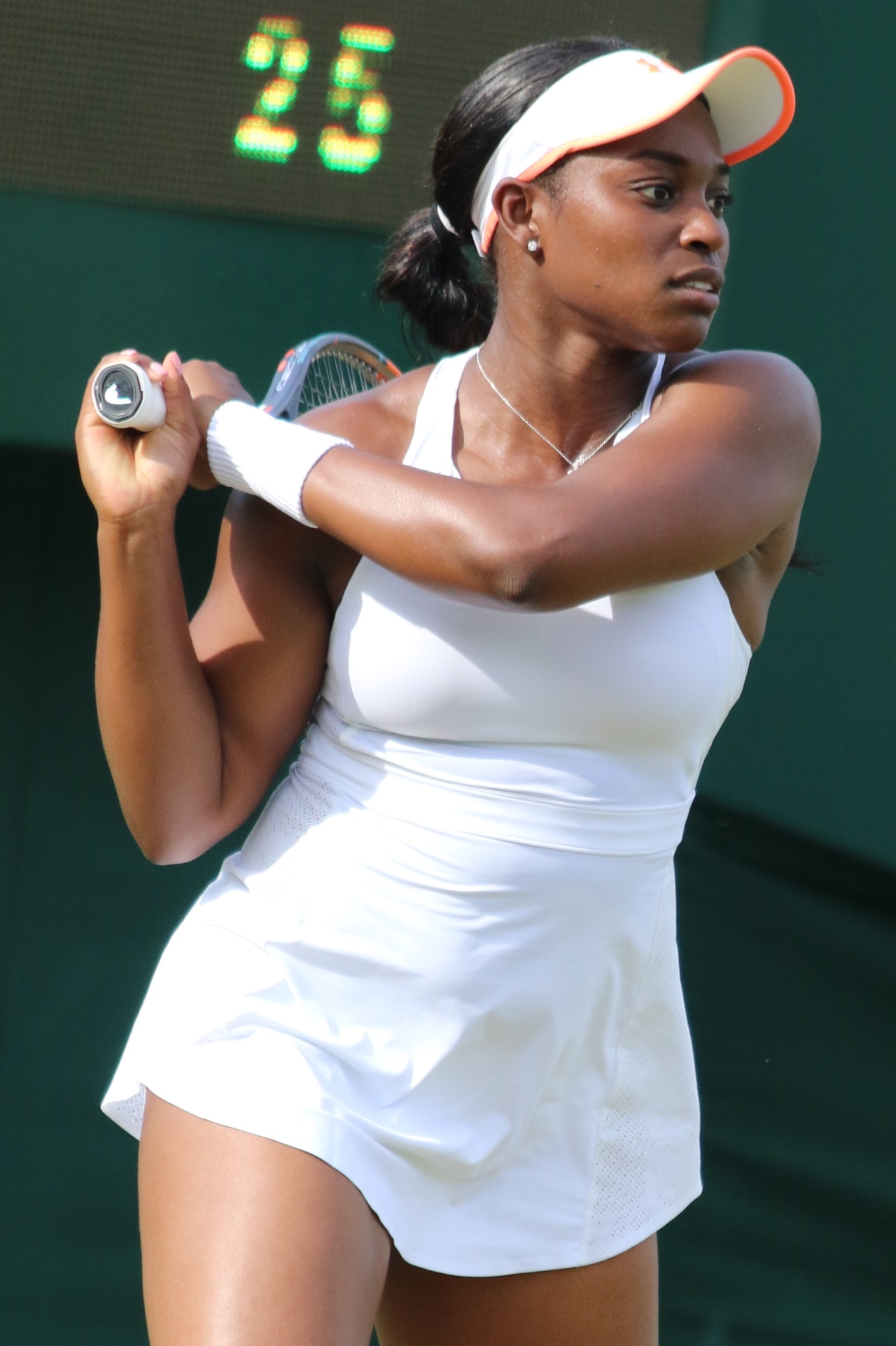
Gauff stands at a delicate crossroads in her career. Her tenacity on the court is moving, yet her off-court energy management has raised yellow flags: after the French Open, her obsession with TV series affected her performance, and even after uninstalling the app, she still appeared at a baseball game, clearly engaged in a tug-of-war between willpower and temptation. She admits, "Balancing career and life is a lesson." This honesty is commendable but hints at danger—within the tennis fame game, a slight imbalance in time and energy can lead to a silent collapse in performance.
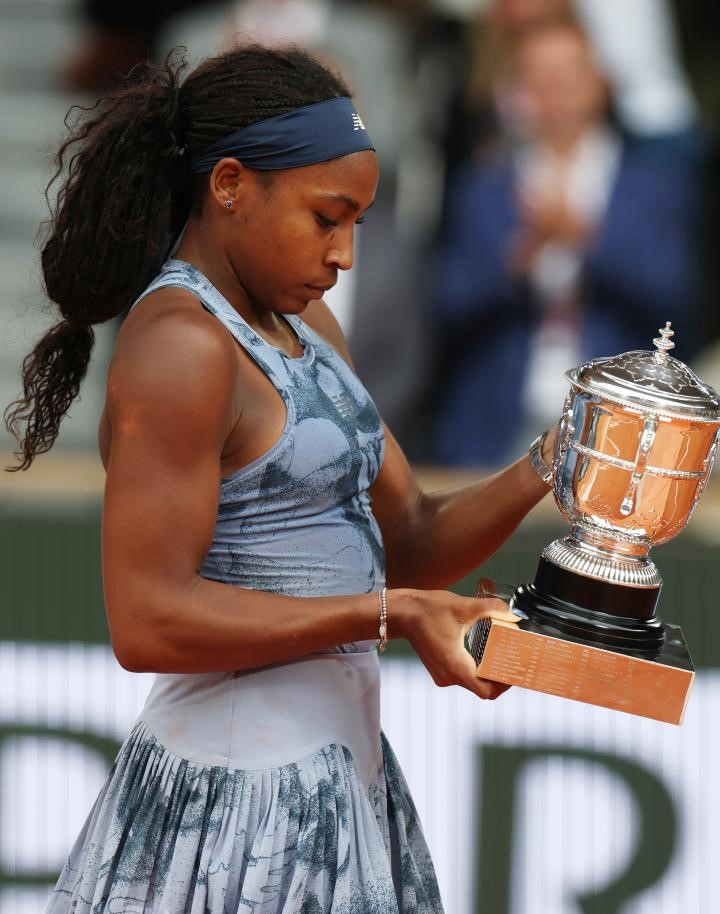
The harsh reality of professional tennis is that capital only follows the victors. Maria Sharapova once stated, "When you keep winning, sponsors come pouring in; once you start losing, they retreat just as quickly." As a leader of the new generation, Gauff's commercial value is closely tied to her on-court results. If distractions off the court become a habit, the enthusiasm of the capital market will inevitably cool, and the empire built will become a house of cards.
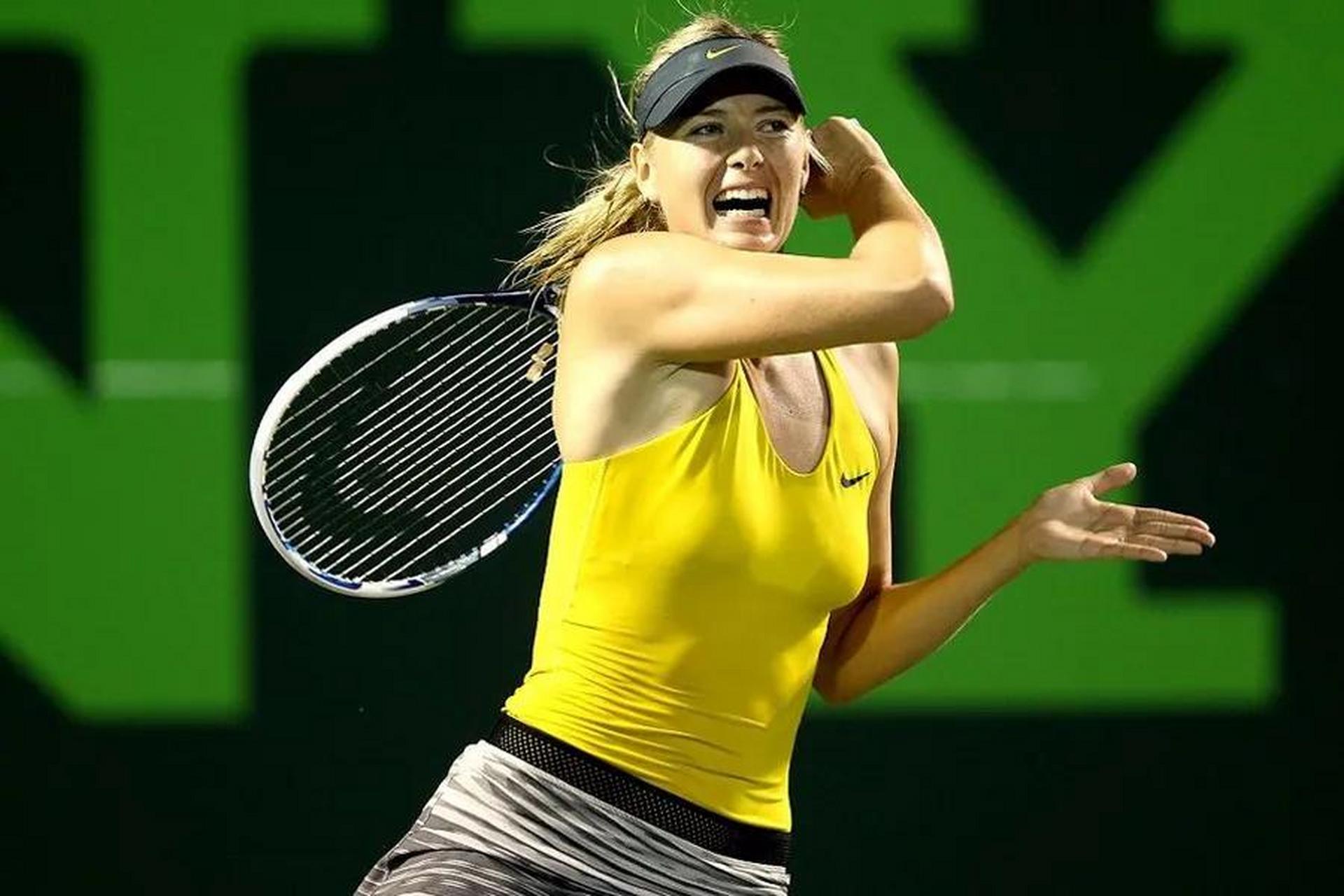
So, how can she navigate this balance beam steadily? True professional discipline is far more complex than simply uninstalling an app. Rafael Nadal has a saying: "Discipline means waking up every day knowing what you must do, even if you don’t want to." Gauff needs to establish a time management system as precise as a finely tuned instrument: training, recovery, business activities, and personal life must each find their place. The exceptional management in the later stages of Serena Williams' career was the invisible cornerstone that allowed her to remain at the pinnacle for so long.
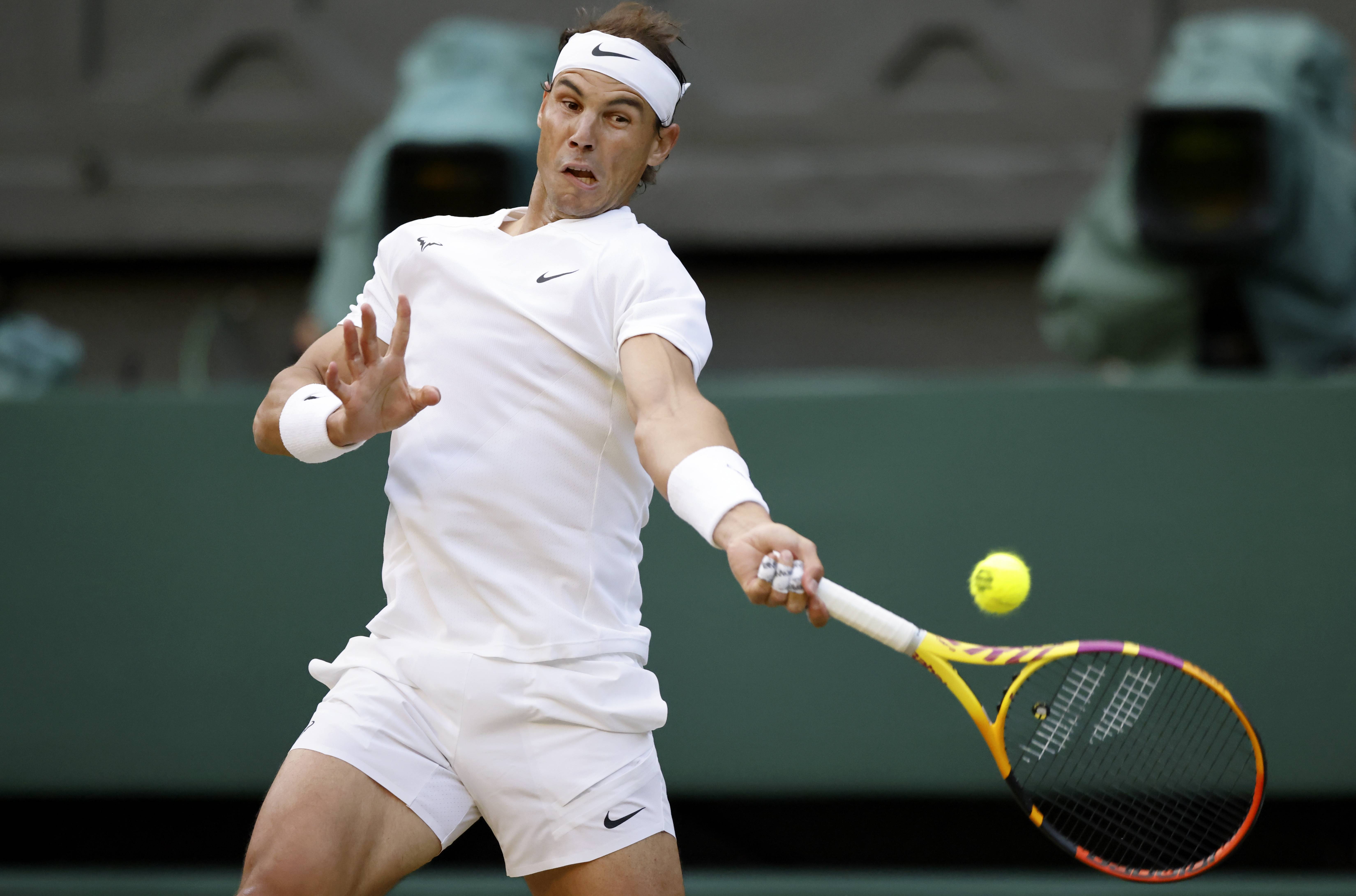
The brilliance of the tennis world comes not only from the burning of talent but also from the ability of ordinary people to walk a narrow path of champions on the wire between desire and discipline. Gauff's positive attitude is a valuable asset, but it must be supported by structured planning. Her team should help her set clear goals and refine training and rest plans, making "focus" an executable daily path. The elegant balance in the later stages of Roger Federer's career was based on a scientific division and strict protection of his time and energy.
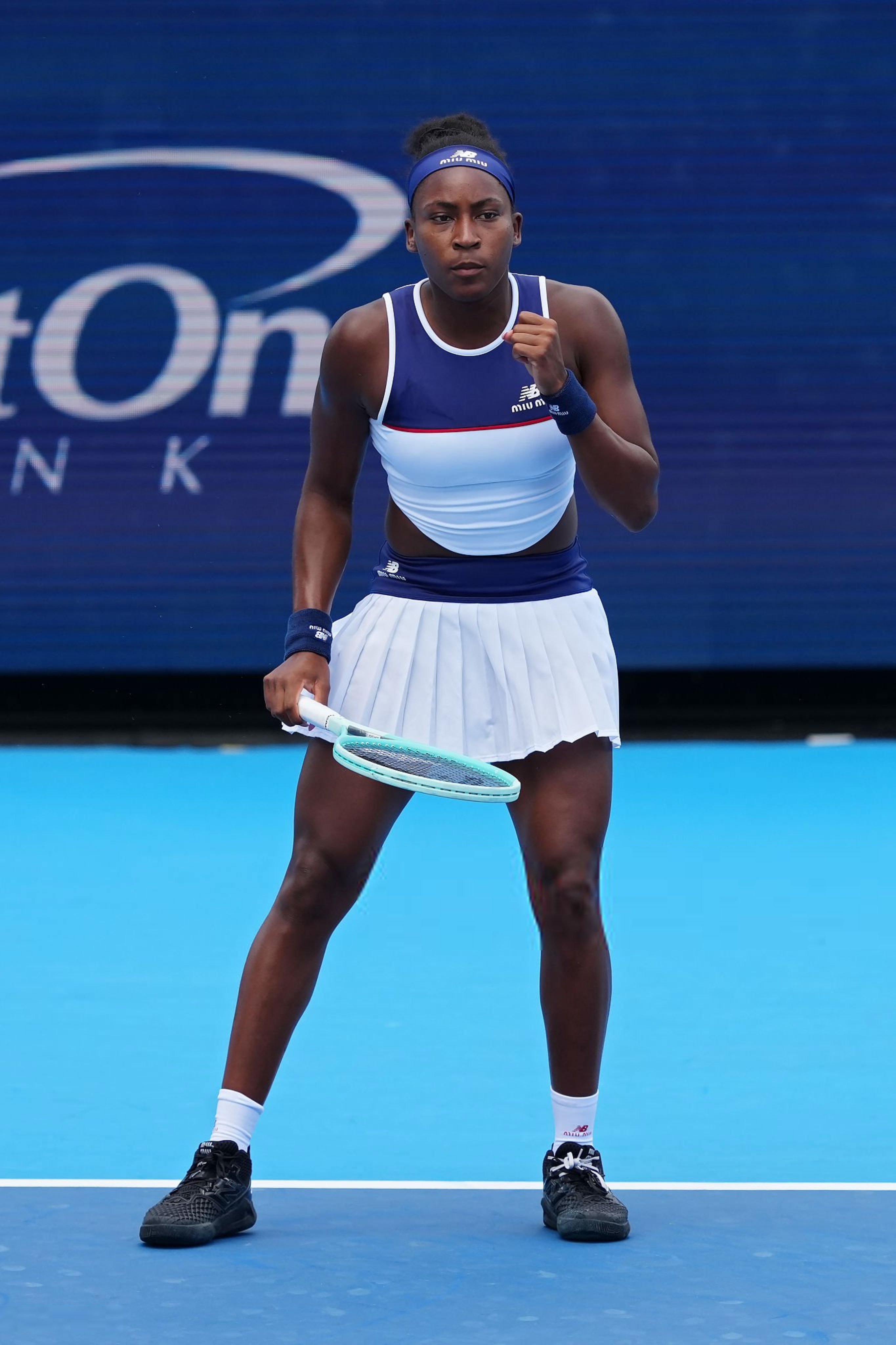
Gauff stands before the mirror of Stephens' footsteps; this reflection is not a fate's verdict but a wake-up call gifted by history. The tennis fame game is never short of dazzling moments like shooting stars, but the real challenge lies in making that brilliance a constant star. When Gauff finds that golden pivot amidst the cheers at the baseball field and the sounds of training, she can write an eternal legend that transcends being a "teen prodigy"—not through bursts of momentary power, but through the art of balance day after day.(Source: Tennis Home, Author: Xiao Di)







 Links
Links
 Contact
Contact
 App
App


